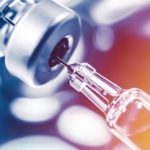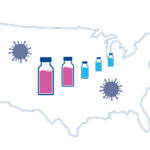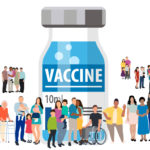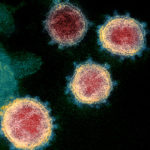COVID-19 vaccines: Do you know myth from fact?
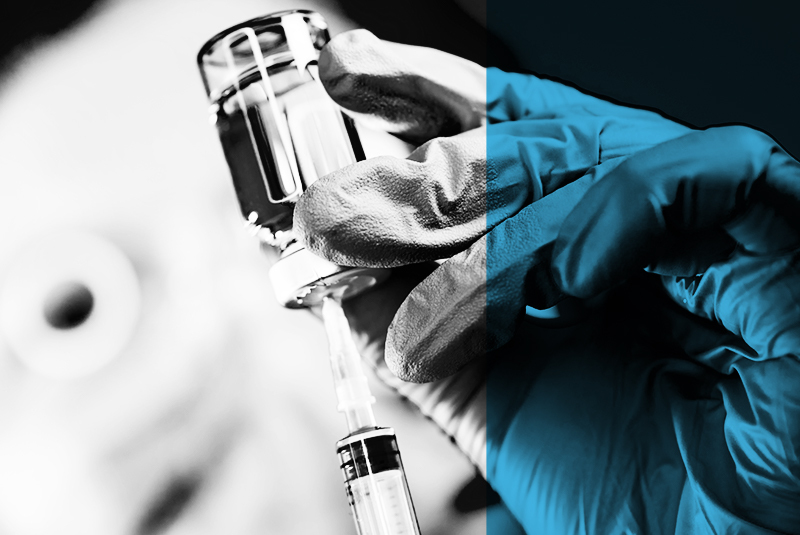
Two COVID-19 vaccines — from Pfizer/BioNTtech and Moderna — have received emergency use authorization in the United States by the U.S. Food and Drug Administration (FDA). Many more are in various stages of development around the world. Several of these are in the final stage of clinical trials and could be submitted for formal authorization in the U.S. as early as this spring. Read more about the differences between the vaccines and test your knowledge by taking our quiz.
[smartslider3 slider=”43″]Get more answers about Boston Children’s response to COVID-19.
Related Posts :
-

Testing the COVID-19 vaccines in kids: Is it safe?
The drug company Pfizer recently announced they had opened their clinical trial of the COVID-19 vaccine to teens as young ...
-

What’s the difference between the COVID-19 vaccines?
After a long, difficult year, the world had reason to celebrate in late 2020 when the U.S. Food and Drug ...
-

The new COVID-19 vaccines: Will they be safe?
Just within the past week, pharmaceutical companies have announced encouraging news about two COVID-19 vaccines in the final development phase. ...
-

Designing a coronavirus vaccine for next year – and the years beyond
As the number of coronavirus infections swell daily across the globe, strategies for developing a safe and effective vaccine are ...


